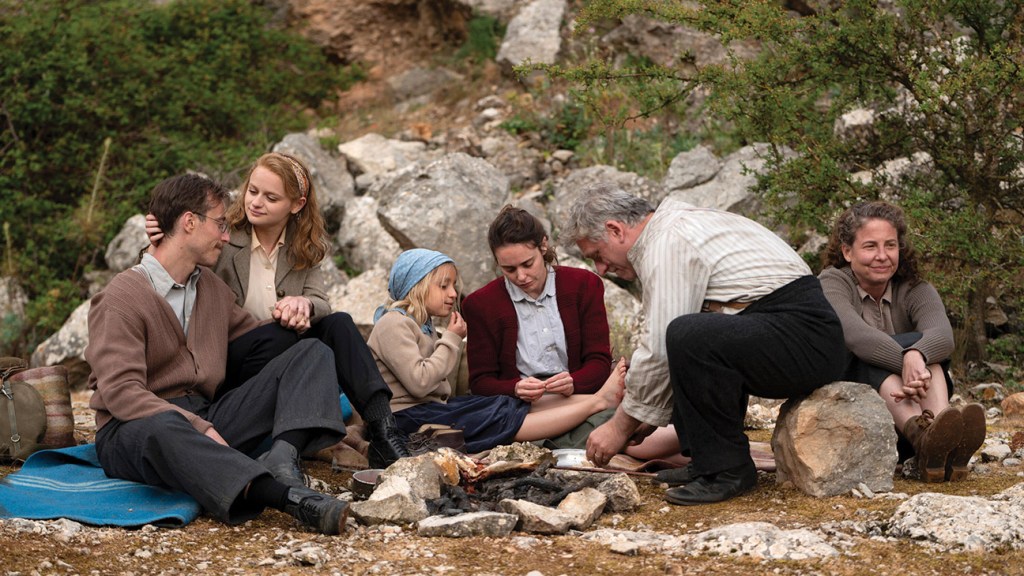The focus of the director in “We Were the Lucky Ones” was on family amidst the Holocaust
We Were the Lucky Ones took director and executive producer Thomas Kail decades to bring to life. He met author Georgia Hunter in 1999, around the time she started learning about her family’s history, which inspired the Hulu series about a Jewish family reuniting after World War II.
Even before Hunter thought of writing about the Kurc family’s Holocaust survival, Kail had already heard many real-life accounts. The stories stayed with him, and after the book’s release in 2017, Kail, Hunter, and creator Erica Lipez worked on adapting it for the small screen.
Although their first adaptation pitch failed, their second attempt during the pandemic caught Hulu’s attention. With Joey King on board, the project moved forward quickly.
Kail discusses bringing this story to a new audience in a conversation with THR.
Working with Erica Lipez and Georgia Hunter:
Kail emphasizes the importance of representing the urgency and vibrancy of the time period to make viewers feel the relevance of the story in contemporary settings.
Casting Jewish actors:
Kail wanted actors deeply connected to the story, ensuring authenticity and emotional resonance in portraying the characters.
Directing the first and final episodes:
The focus was on showcasing the family’s love and resilience, leading to their eventual reunion around the dinner table.
Importance of tying the first and final episodes together:
Kail discusses the contrast between joy and remembrance in the final Passover scene, capturing the honest emotions of the characters.
Most impactful scene:
Kail reflects on a powerful moment involving two characters running freely in nature, symbolizing liberation and resilience.
Depicting real lives:
Kail felt a sense of responsibility rather than pressure in honoring the real stories depicted in the series.
Conversations with actors:
Kail stresses the importance of understanding each actor’s needs and directing in a way that feels authentic and natural.
Relevance of the show in history:
Kail aims to create a story that resonates with honesty and truth, hoping to evoke different responses from viewers and raise awareness about repeating history.
This story first appeared in a June standalone issue of The Hollywood Reporter magazine. Click here to subscribe.

